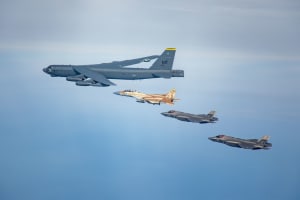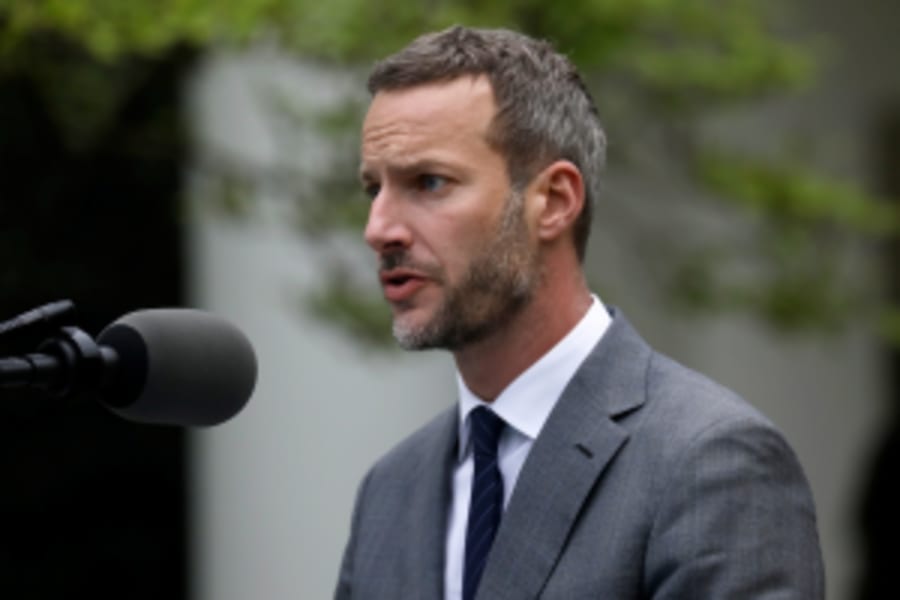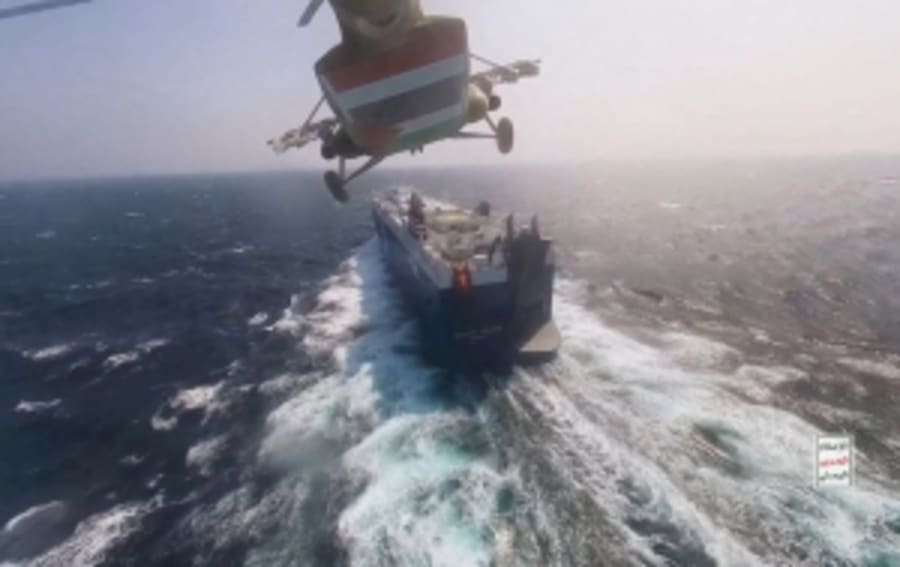As Hezbollah warns that escalation may end Israeli presence in northern Israel, senior IDF official says escalation ‘only way out’
Neither Israel nor Hezbollah appear ready to back down in the near future

In an interview with the Hezbollah-affiliated Al-Mayadeen newspaper on Saturday, Deputy Secretary-General Naim Qassem claimed that residents of Israel’s northern communities “cannot be returned” and said that increased fighting between Hezbollah and Israel “may end their return permanently.”
Qassem was responding to comments by Defense Minister Yoav Gallant, who visited the northern front last Wednesday for an operational assessment. While there, Gallant claimed that Israel had eliminated half of Hezbollah's commanders in southern Lebanon.
“The operational results are very impressive - half of Hezbollah's commanders in southern Lebanon were eliminated,” Gallant said on Wednesday.
Gallant went on to say: “Our main goal was and remains to ensure that a different security situation prevails here, and that the residents of northern Israel will be able to return to their homes in a quiet and safe manner. We are dealing with a number of alternatives in order to establish this matter, and the coming period will be decisive in this regard.”
According to Sheikh Qassem, “the continuation of the aggression against Lebanon does not restore the ‘settlers’ of the north.”
الشيخ نعيم قاسم في احفال تكريمي في بيروت 27-4-2024:
— الشيخ نعيم قاسم (@shnaimkassem) April 27, 2024
- فليعلم غالانت وزير دفاع العدو الذي هدَّد وقال بأنَّ الهدف الرئيس هو إعادة سكان الشمال إلى منازلهم. أقول لهُ بالحرب لا يمكن إعادة سكان الشمال، بل هذه الحرب ستُبعد عودتهم أكثر فأكثر وقد تنهي عودتهم نهائياً.
Qassem also called on the world to “wake up and stop the war on the Gaza Strip.”
In an interview with NBC News in November, Sheikh Qassem said Hezbollah viewed its activities as “luring the Israeli forces to get busy in the north,” in order to distract Israel from Gaza.
“Therefore, we will continue to do so, and we will not wage a full-scale war unless the Israelis decide to get into war against us,” Qassem said at the time. “Then we are ready for the full confrontation.”
In the interview with al-Mayadeen Saturday, Qassem said that Hezbollah has decided “to respond to the Israeli aggression proportionately, so that any Israeli aggression will be matched by an expansion of response, resistance, and confrontation by Hezbollah.”
However, Qassem stated that Hezbollah, “does not want a major war, but it will not accept that Israel exceeds the limits of confrontation.”
Hezbollah is in a difficult position, as it attempts to present itself as Lebanon’s primary defender against Israeli aggression, however, amid the five-year-long economic crisis that has gripped the nation, which is partially Hezbollah’s doing, the group may be losing some political support in the country.
Hezbollah launched around 26 rockets overnight into Israel’s northern communities, triggering air raid sirens in some communities. The Merom Galilee Regional Council reported impacts in open areas near the communities of Meron and Safsufa, while some of the rockets were intercepted. One Israeli soldier was moderately injured in the attacks according to the IDF.
The terror group took credit for the attacks, saying it launched rockets and drones in response to Israeli aggression. Earlier on Saturday evening, Israeli fighter jets struck several Hezbollah targets in the areas near Markabah and Serbin.
In a recent Wall Street Journal piece, a senior IDF official claimed that while Israel did not want to engage in a full-blown war with Hezbollah, the way to achieve calm in the northern arena is through escalation.
“There is a way out and it’s to escalate,” the official said. “Israel cannot stop right now. It’s dangerous for the whole region.”
The prevailing view suggests that Hezbollah is employing a strategy of escalation to achieve de-escalation by demonstrating a willingness to increase confrontation. If the group demonstrates a willingness to keep escalating, the thinking goes, then Israel, which doesn’t want a full-blown war, will eventually back down.
The IDF’s position appears to be that, while Israel anticipates a larger conflict with Hezbollah at some point in the near future, Hezbollah's main supporter, the Iranian regime, is not interested in a larger conflict with Israel at present. Therefore, escalating actions now might compel Hezbollah to retreat.
With tens of thousands of Israelis displaced from northern communities, and rising concerns about Iran's nuclear threat, Israel appears to believe that its non-military options are limited, and it is demonstrating a willingness to continue or increase the conflict on its northern border in order to effect a change in the situation.
Western allies do not agree with Israel’s aggressive stance.
French Foreign Minister Stephane Sejourne, who is currently in Beirut, is expected to present a proposal for de-escalation between Hezbollah and Israel.
U.S. mediator Amos Hochstein arrived in Israel on Thursday for meetings with Gallant and Israeli President Isaac Herzog, where he is believed to have presented a new proposal for ending the Israel-Hezbollah escalation.
At present, neither side appears willing to back down first.
U.S. and French efforts to de-escalate coincide with ongoing negotiations by the United States, Egypt, and other mediators for a hostage and ceasefire deal in the war in Gaza.

J. Micah Hancock is a current Master’s student at the Hebrew University, pursuing a degree in Jewish History. Previously, he studied Biblical studies and journalism in his B.A. in the United States. He joined All Israel News as a reporter in 2022, and currently lives near Jerusalem with his wife and children.













